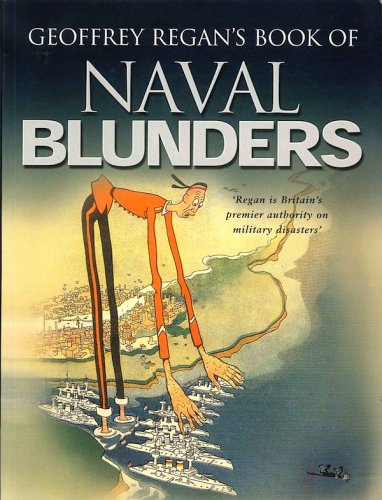All the factors of victory
Adm Joseph Mason Reeves and the origins of carrier airpower
All the factors of victory
Adm Joseph Mason Reeves and the origins of carrier airpower
- Disponibile in 7 giorni
- Possibilità di reso entro 10 giorni lavorativi
- Transazione sicura con carta di credito, Paypal o bonifico bancario
- Spedizione tracciata con SDA
During the 1920s and 1930s, Adm. Joseph Mason Reeves (1872-1948) emerged as the most important flag officer in American naval aviation. He took command of the U.S. Navy's nascent carrier arm during a critical period and, imagining the aircraft carrier's possibilities as an offensive weapon, transformed it from a small auxiliary command in support of the battle line into a powerful strike force that could attack far in advance of the fleet. Astute politically, Reeves fashioned an offensive role for carriers without threatening the supremacy of the battleship, so that the Navy's carrier arm continued to receive valuable resources during the lean years of the Depression. "Admiral Reeves," Thomas Wildenberg writes, "did more to shape the future role of U.S. carrier aviation than any other flag officer before World War II." Indeed, until the carrier commanders of World War II proved their mettle, his expertise in the use of the aircraft carrier in naval tactics was unequalled anywhere in the world. Reeves, who entered the U.S. Naval Academy in 1890, retired from the Navy in 1936. In May 1940, the service recalled him to active duty for the wartime emergency. He served another six years, making his career as an officer not only one of the most significant but also one of the longest in American naval history. All the Factors of Victory is the first full-length biography of this eminent naval officer, whose story makes an important contribution to our understanding of not only the development of carrier warfare, but also how intraservice rivalries and the development of new technologies affected the Navy's mission.









